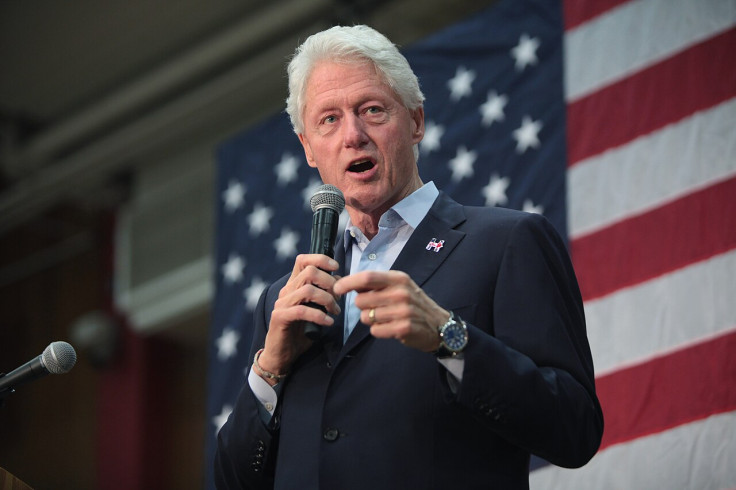
Former US President Bill Clinton has publicly praised Donald Trump and his administration for their role in securing the latest Israel-Hamas peace accord, calling it a vital step towards ending years of violence in the region.
The unexpected endorsement marks one of the rare moments of bipartisan unity in American politics, highlighting how the humanitarian crisis in Gaza has transcended political divides.
Clinton Acknowledges Trump's Diplomatic Efforts
In a post on X on Monday evening, Clinton reflected on the devastating events of 7 October 2023, when Hamas attacks on Israel triggered months of bloodshed and humanitarian catastrophe. He described the conflict as a tragedy of 'unbearable human loss' and expressed relief that peace had finally been restored through negotiation.
'I am relieved that a ceasefire has been secured, with hostages released and humanitarian aid reaching Gaza,' he wrote. 'President Trump and his administration, Qatar, and other regional actors deserve great credit for keeping everyone engaged until the agreement was reached.'
Clinton urged both Israel and Hamas to seize the opportunity to transform the fragile truce into lasting peace, saying that true stability requires 'cooperation, trust, and mutual commitment'. He emphasised that the United States and its regional allies must continue to back diplomatic and humanitarian efforts to secure 'dignity and security for both Palestinians and Israelis'.
His comments come as the world cautiously welcomes the first sustained ceasefire since the October 2023 attacks, which left thousands dead and displaced millions across Gaza and southern Israel.
Hillary Clinton Also Weighs In
Former Secretary of State Hillary Clinton echoed her husband's sentiments during an interview with CBS News, praising the Trump administration and Arab mediators for their persistence in achieving what she described as 'a path forward for the region'.
She noted that the latest agreement was the result of months of coordination between the US, Qatar, Egypt, and Israel, with key discussions centred on what she called 'the day after' — the long-term reconstruction and governance of Gaza.
'Credit is due where it's deserved,' Hillary said. 'This is progress — fragile, but meaningful. It's now up to the international community to help ensure it holds.'
My statement on the ceasefire between Israel and Hamas: pic.twitter.com/lN0xQxGHfT
— Bill Clinton (@BillClinton) October 13, 2025
Inside the Israel-Hamas Ceasefire Deal
The ceasefire, finalised at a summit in Cairo attended by world leaders and regional negotiators, has been hailed as a diplomatic breakthrough. According to CNN, Trump called the agreement 'the historic dawn of a new Middle East' during a speech to Israel's parliament following the summit.
The accord included the release of 20 surviving hostages from Gaza, the return of four others who were confirmed dead, and the freeing of more than 1,900 Palestinian prisoners held in Israel.
Scenes of reunions across the region followed. In Israel, freed hostages embraced family members at hospitals, while in the West Bank, crowds cheered as buses carrying Palestinian prisoners arrived home. For many, the exchanges symbolised a rare moment of shared relief after months of despair.
A Rare Moment of Bipartisan Unity
Clinton's recognition of Trump's diplomacy is particularly striking given the history of political rivalry between the two families. During the 2016 presidential campaign, Trump repeatedly attacked both Bill and Hillary Clinton, reviving personal scandals and labelling his opponent 'Crooked Hillary'.
For years, the Clintons have criticised Trump's foreign policy approach, particularly regarding Iran and Israel. As recently as June, Bill Clinton questioned Trump's alignment with Israeli Prime Minister Benjamin Netanyahu, expressing scepticism about their rejection of a two-state solution.
Yet, in light of the new peace deal, Clinton's tone has shifted to one of cautious optimism and rare admiration.
'Whatever our political differences,' he wrote, 'peace is something every leader should strive for.'
The statement has drawn widespread attention, signalling that even in one of America's most polarised political eras, diplomacy and human compassion can still bridge the divide.







